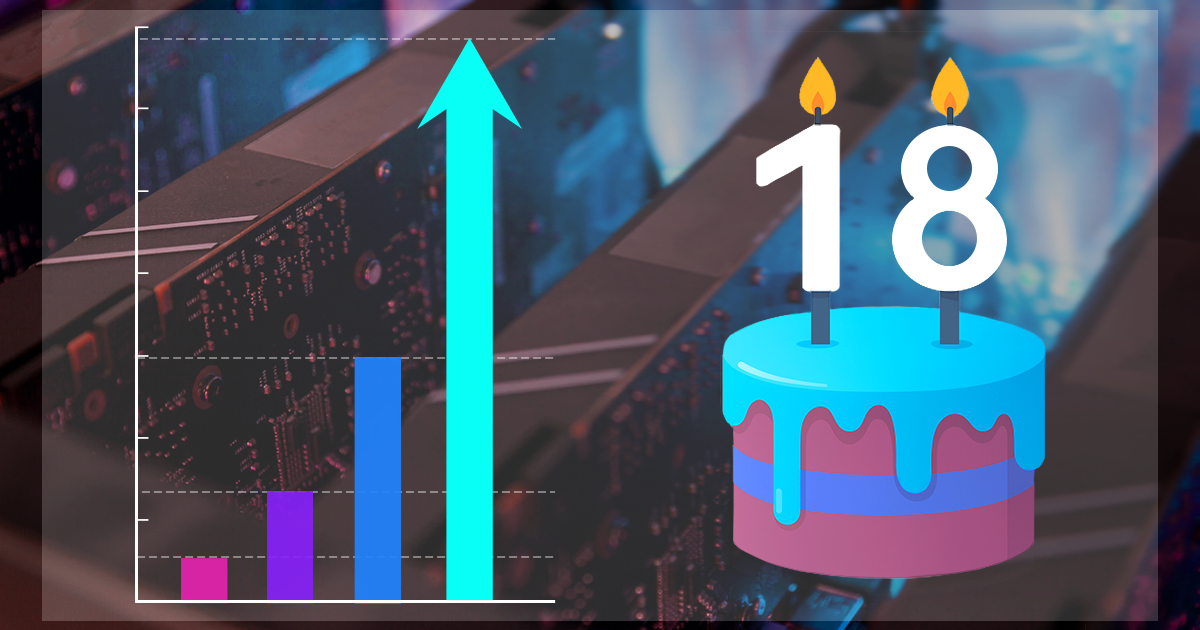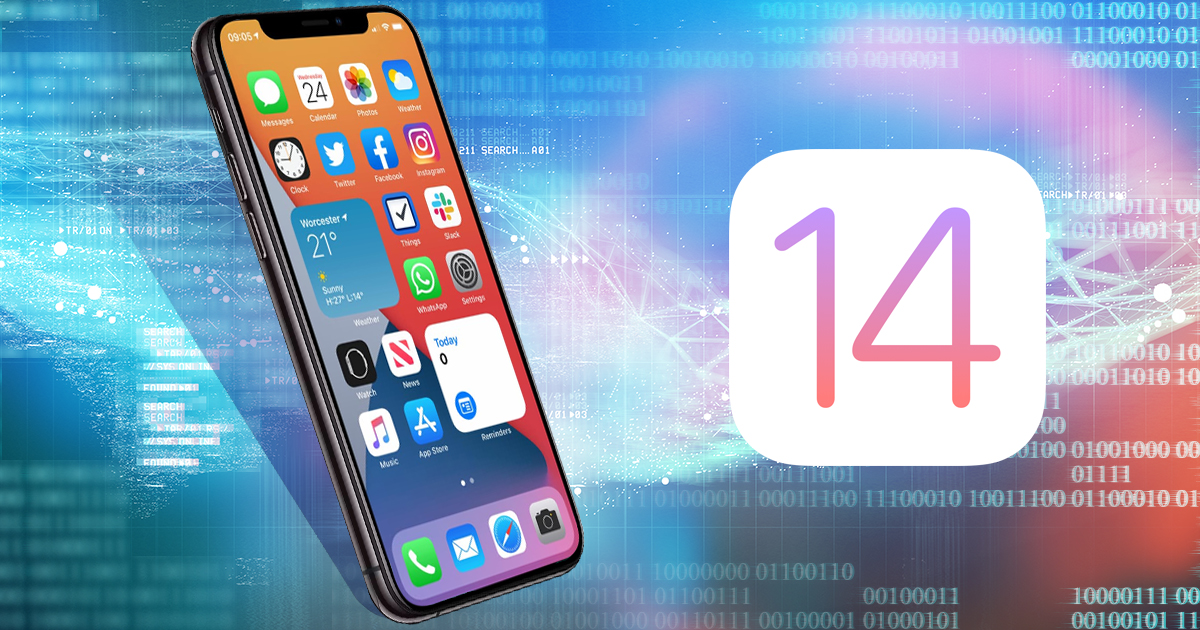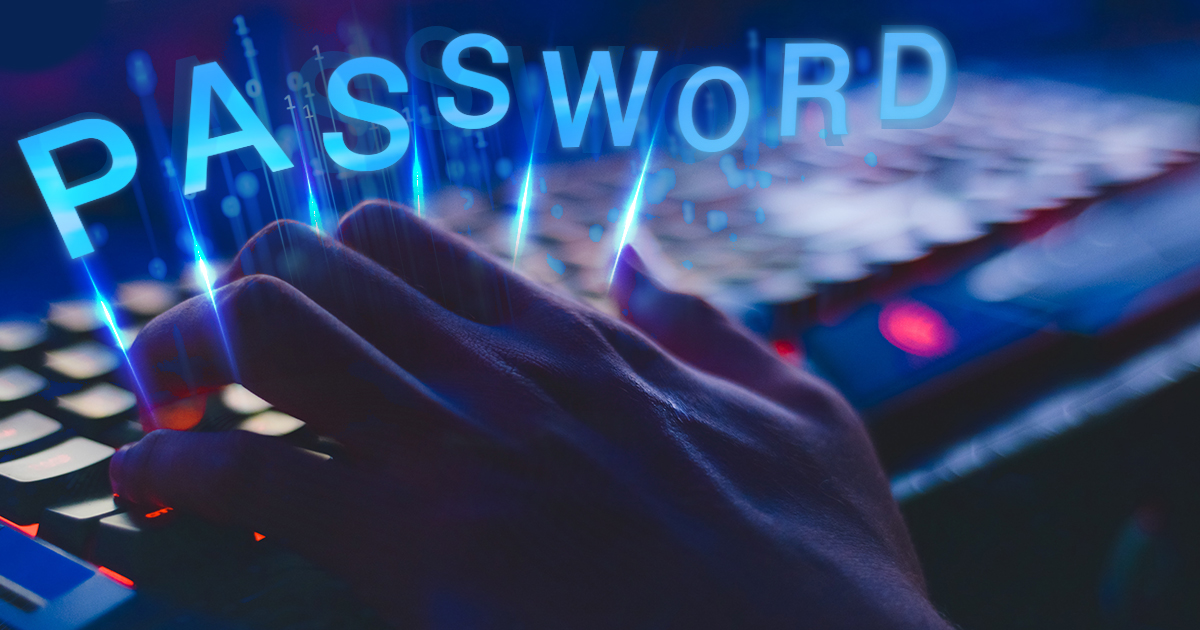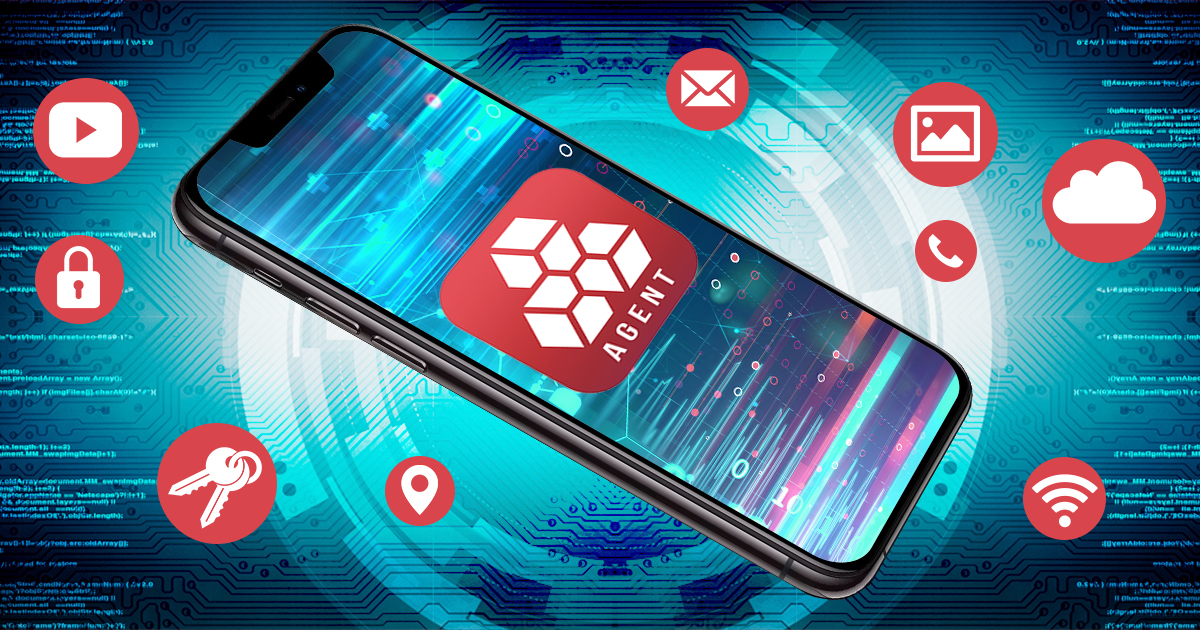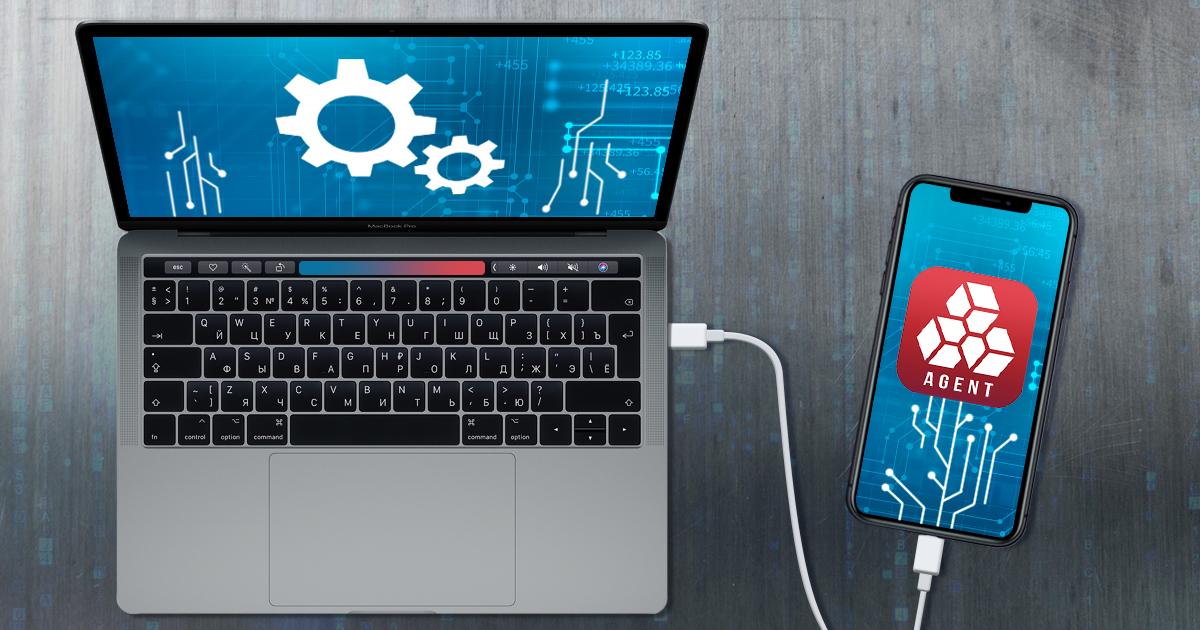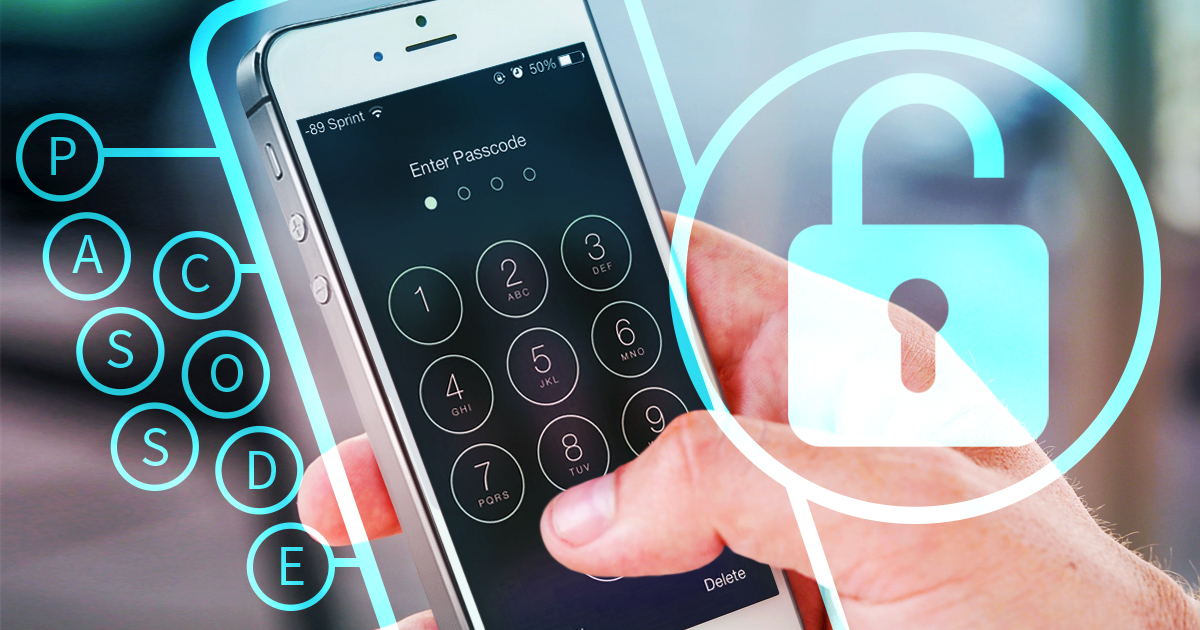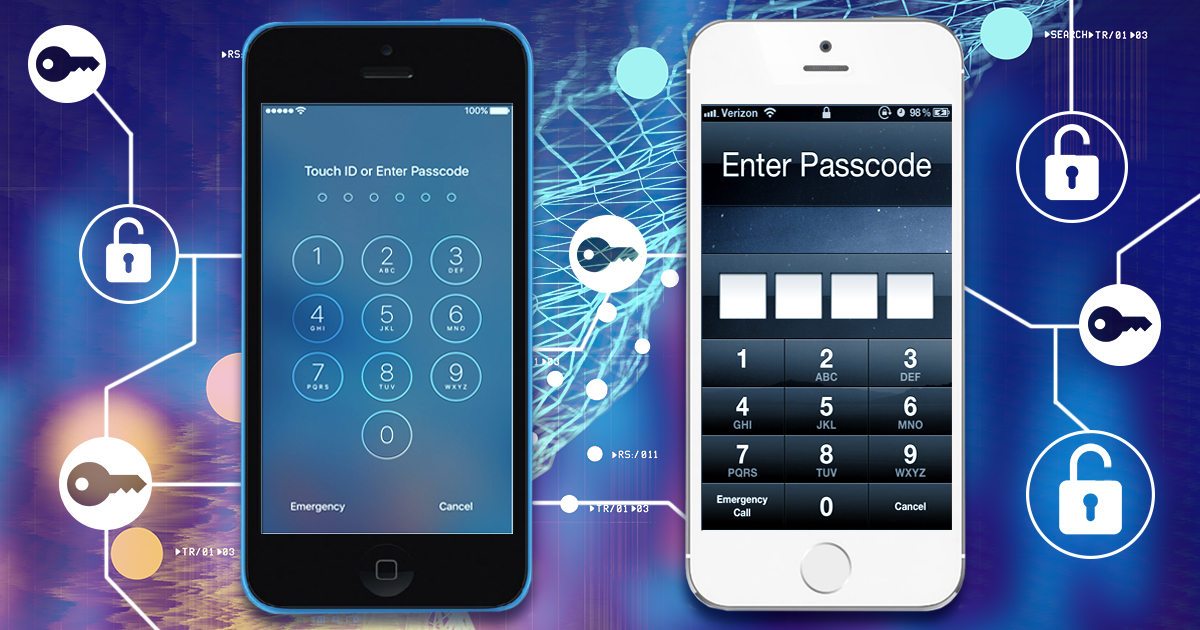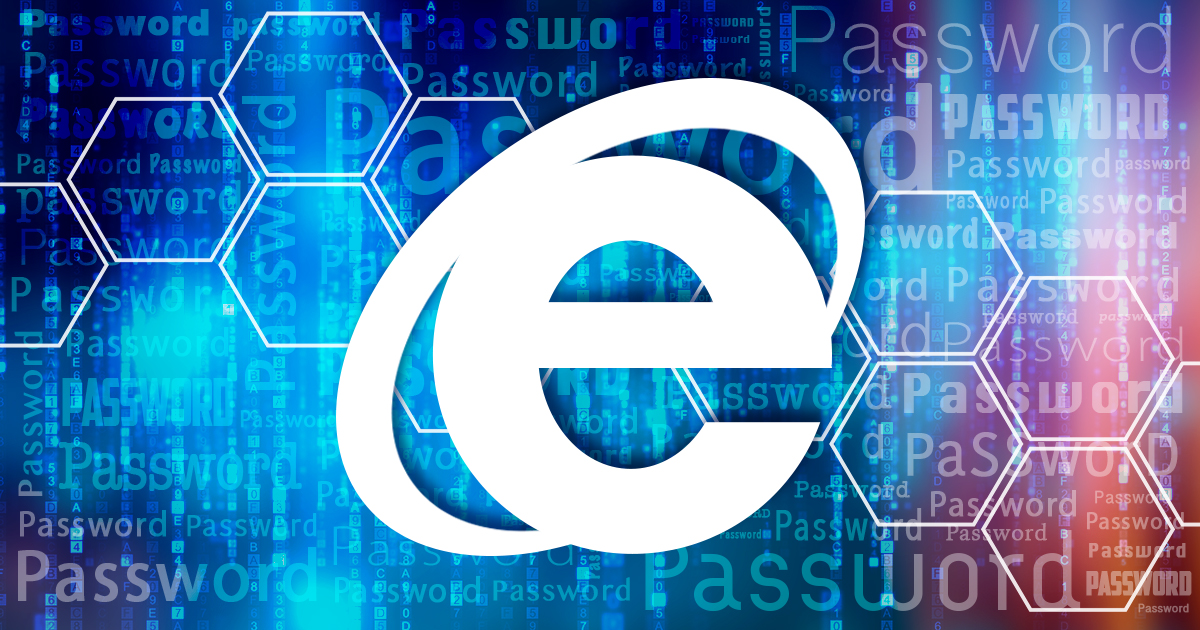September 28th, 2020 by Oleg Afonin
The iOS backup system is truly unrivalled. The highly comprehensive, versatile and secure backups can be created with Apple iTunes. For the user, local backups are a convenient and easy way to transfer data to a new device or restore an existing one after a factory reset. For forensic experts, iOS backups are an equally convenient, versatile and easy way to obtain a copy of the user’s data without attempting to break into the device. In malicious hands, the backup becomes a dangerous weapon. Logins and passwords from the Keychain allow hackers accessing the user’s social accounts, messages, and financial information. A backup password can be set to protect local backups, but it can be removed just as easily shall the hacker have access to the physical iPhone and know its passcode. In this article, we’ll discuss how the Screen Time password can be used to further strengthen the protection of local backups.
Read the rest of this entry »
